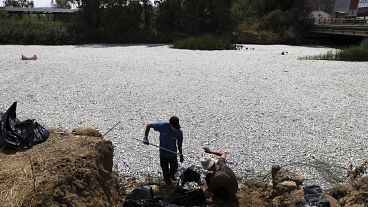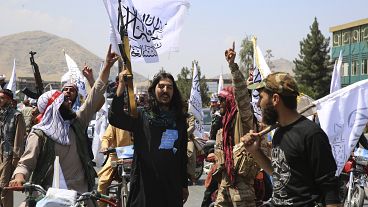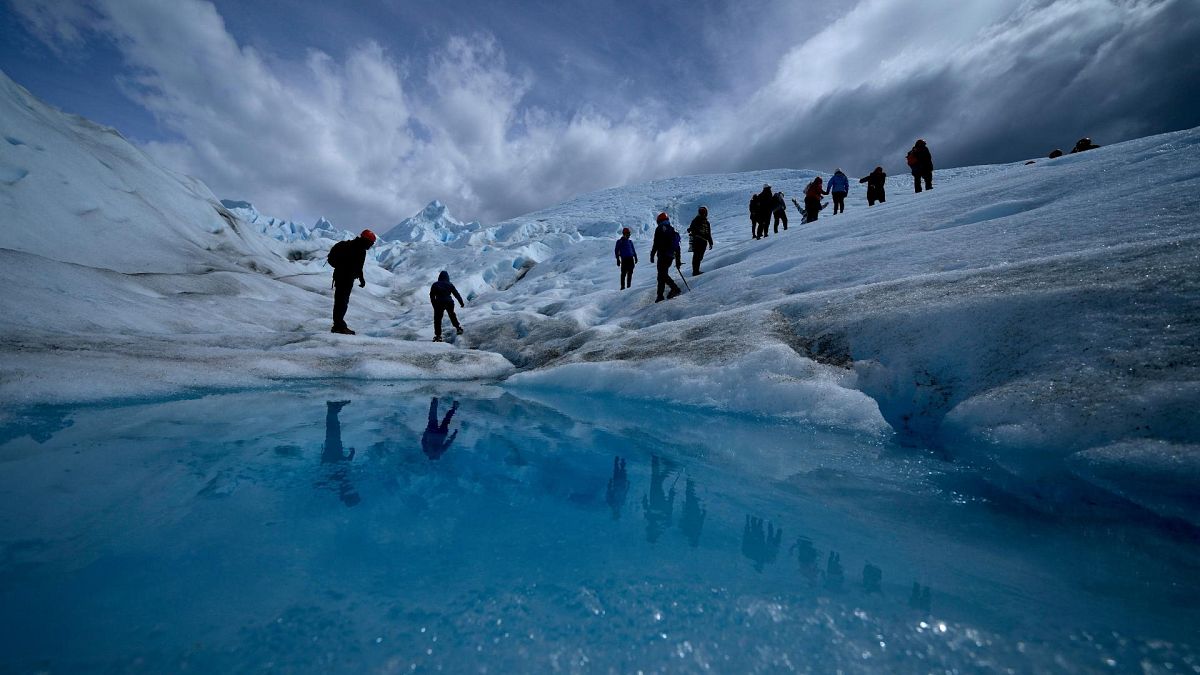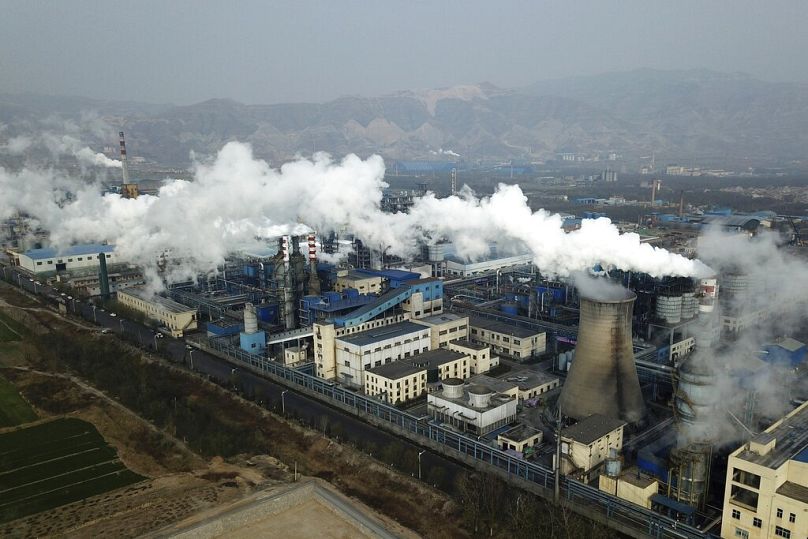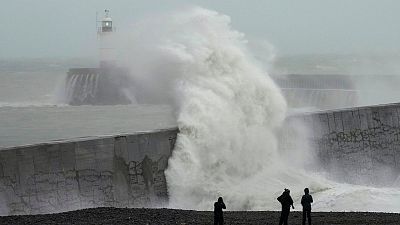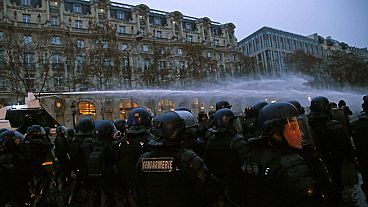A United Nations-backed panel is due to release a highly anticipated new report on the world's efforts to curb global warming.
A UN-backed panel will release a highly anticipated scientific report on Monday detailing international efforts to curb climate change before global temperatures reach dangerous levels.
Reports by the Intergovernmental Panel on Climate Change (IPCC) are considered the most authoritative assessments of the state of global warming, its impacts and the measures being taken to tackle it. This is the third of three studies issued by the UN panel in the last eight months.
The first looked at the causes of global warming, determining it is "unequivocal" that human activity has caused the crisis. Report number two detailed the impacts of climate change finding that half of humanity was at risk.
These documents outlining the latest science are used by countries to negotiate global action on climate change.
Talks between governments and scientists to finalize the summary for policymakers dragged on past the original deadline until late Sunday, pushing back the planned publication by several hours. Although scientists draft the report, this summary can be edited with input from any UN state.
What will the IPCC report say about limiting global warming?
One of the sections of the document will outline what can be done between now and 2030 to limit global warming.
Governments agreed in the 2015 Paris accord to cap global warming at 1.5 degrees Celsius this century. But with temperatures already more than 1.1C higher than the pre-industrial baseline, many experts say that’s only possible with drastic cuts to greenhouse gas emissions.
Last week, hundreds of organisations from around the world sent an open letter to the IPCC demanding a focus on the "rapid ending of fossil fuel production and use" in the latest report.
"The stakes could not be any higher, the science any clearer, or the imperative for immediate action any greater," it reads.
The letter was signed by more than 340 groups including the Center for International Environmental Law (CIEL), Friends of the Earth International, the Indigenous Environmental Network and Greenpeace.
"The climate crisis is accelerating and fossil fuels are the overwhelming cause. Any report on mitigation that fails to emphasise that fact is denying the very science to which the IPCC is committed," Nikki Reisch, Director of the Climate & Energy Program at CIEL, said in response to the letter.
"To avoid the irreversible harm of overshooting 1.5°C, we must end dependence on fossil fuels and phase out their production and use as rapidly and equitably as possible."
Members of the IPCC are expected to recommend a rapid shift away from fossil fuels in the next eight years. It has been reported, however, that some countries have been reluctant to embrace cutting oil, gas and coal entirely.
Debates have also sprung up around the use of "techno-fixes" like carbon capture and storage which could now be vital in catching up for lost time in reducing emissions.
Has the war in Ukraine impacted the findings of the IPCC report?
The cut-off point for data in the report was last autumn, meaning that the impact of the war in Ukraine wasn't included by the authors.
Rouven Stubbe, an analyst at the consultancy Berlin Economics who wasn't involved in the report, said there is a risk that the geopolitical and economic turmoil caused by the conflict could disrupt efforts to reduce emissions.
“I think the difficult thing will be that politically we have to maintain course," he said.
“Especially now with this high energy prices, there are already voices that say we should ease the (European) emissions trade system” that encourages companies to avoid heavily polluting forms of energy.
The conflict has left many countries, including the EU, UK and US, reconsidering their use of fossil fuels - especially Russian oil and gas. Amid an energy crisis that has already pushed prices to an all-time high, the IPCC report comes at a pivotal time for the future of the planet.

